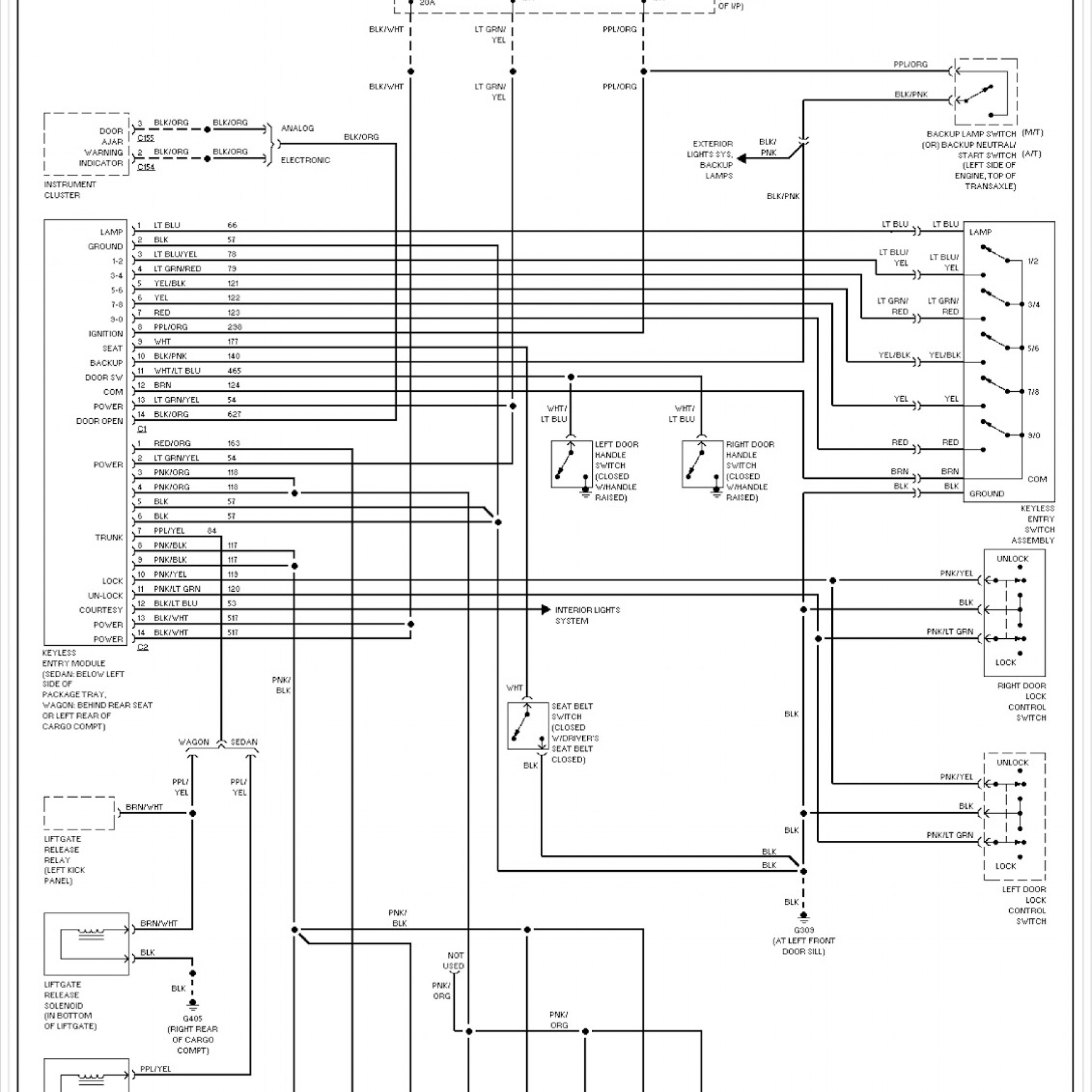

- 2013 FORD TAURUS FUEL PUMP PROBLEMS MANUAL
- 2013 FORD TAURUS FUEL PUMP PROBLEMS PROFESSIONAL
Engine Heat - The engine overheating due to a faulty fuel pump is possible, but if the car is shut off and cooled, the low temperature can also cause the pump to stall. 2013 FORD TAURUS FUEL PUMP PROBLEMS MANUAL
Manual Pressure - Using pressure to assist the fuel through the lines is another simple technique to start the car.A fuel pressure gauge usually is in the $40 price range and is a handy tool to have available. Fuel Pressure Gauge - Attaching a fuel pressure gauge directly onto the engine will allow the car to start and drive.
2013 FORD TAURUS FUEL PUMP PROBLEMS PROFESSIONAL
Professional mechanics will remind you that this is a temporary solution to a severe problem that is best not to ignore. These are simple suggestions to try even if you don't possess much mechanical ability. There are a few methods to start a car with a failing fuel pump. There are several other reasons this happens, but it may be a clear sign that the fuel pump has failed.ģ Ways to Start a Car with a Bad Fuel Pump
No Start: The car engine will continue to turn over but will not start. A weak car battery shares this very familiar symptom making it wise to check the battery also. Over time the pump can weaken, causing several tries to turn over the engine. 
Hard Starting: With every engine start, the fuel pump activates.Surging: When the fuel pump is experiencing a resistance issue inside the motor, it will cause the vehicle to surge forward while driving as if you have stepped on the gas pedal harder.The Fuel Tank Begins to Whine: Low fuel or damaged fuel in the gas tank can damage the fuel pump, causing it to make a louder whining or howling noise that will be very apparent.Sputtering Engine: When the car is driving at a constant speed, and the engine sputters, this is a sign that the fuel pump is not continuously supplying the needed fuel to the engine.Loss of Power: The fuel pump is regulating how much energy to send to the engine, so if your vehicle demands a surge of power such as climbing a hill, extra weight, or accelerating quickly and there is not enough power to complete the necessary task adequately this is a sign the fuel pump is too weak.Stalling During Warm Temperatures: There are many reasons a car may stall, but if the stall increases when it is hot outside, this is a symptom of a fuel pump motor beginning to fail.Excess fuel will not be used or stored, leading to lower fuel efficiency.

When you notice your vehicle’s gas mileage beginning to decrease, the fuel pump may have a faulty valve that allows more fuel than necessary to leave the fuel tank.
Low Gas Mileage: When driving a vehicle, we usually become familiar with the car’s average gas mileage. Luckily there are symptoms the car will experience if the fuel pump is weakening: Today’s fuel pumps are built to last however, there are no guarantees the pump will continue with no issues for the vehicle’s life. You may be wondering how soon your fuel pump will fail you. There is always a concern about engine damage if a car part fails, but the car will not start if the fuel pump quits. One of the steps is the pump causing the correct air to fuel mixture that produces the energy to start your vehicle. The fuel moving from the tank to the engine completes several functions that manage the car’s power. The fuel in this system does not mix with air until it hits the cylinder. The electrical current needed is regulated from an electrical ignition switch. The control switch can pull the diaphragm down, allowing the fuel to rush into the carburetor, or pull the diaphragm up, causing pressure to push the fuel out.Įlectric fuel pumps send a positive electrical current through the fuel lines causing enough force to send fuel to the engine. The camshaft operates a switch on the fuel pump that uses a diaphragm situated inside the carburetor. Mechanical fuel pumps are outside of the fuel tank. The fuel mixes with air inside the carburetor, the liquid is then pumped into the engine. Mechanical fuel pumps move fuel from the fuel tank to the engine under low pressure through the carburetor. Engines require a constant fuel supply, and the fuel pump is the system used to provide it. Car engines are intriguing machines assembled with several systems built to deliver optimal performance.







 0 kommentar(er)
0 kommentar(er)
